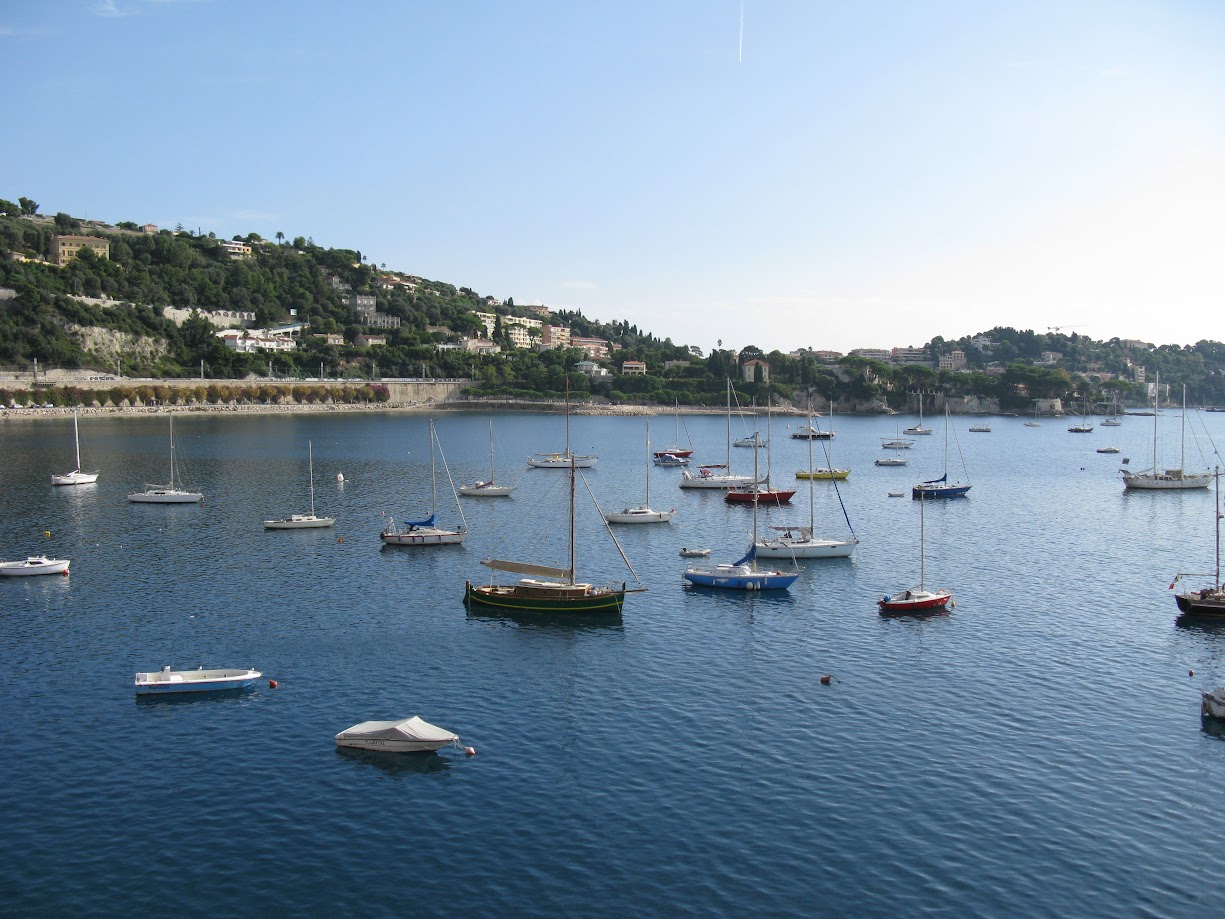Category: archive
-
Globetrotter Hem Visits Argentina, Chile and Argentina Again!
And gets propositioned on the way… read on! I got to Buenos Aires in pouring rain from sunny London without mishap. My hotel was ok, in the historic area of
-
PNG Part 2
The Beetle visited Papua New Guinea (PNG) last Christmas and here is an account of Port Moresby. Getting to PNG the first time was not straightforward, although I have since
-
Bilharziasis, Snail fever, Schistosomiasis
What is it:Schistosomiasis, also called bilharzia (bill-HAR-zi-a), is a disease caused by parasitic worms. They currently infect over 200m people each year, and the number of people infected increases. Where
-
Traveller’s Thrombosis
A recent New Zealand study of almost 900 passengers has shown that up to one in 100 long-haul fliers could develop blood clots, and wearing compression stockings, taking aspirin and
-
Meeting News from London
Meeting News from London London meeting Saturday 6th March 2004 by Padmasana This month our first speaker was Anthony Lambert, who talked to us about “Railways on the wild side”.
-
Serengeti Safari by Jennifer, NYC
I decided to go on a safari in Africa – not so unusual. However, all of the travel information I was able to dig up in preparation for this life
-
Meeting News from New York
The March meeting has been cancelled as Laurie, the New York Chair will be away on business in LA. If anyone would like to help Laurie or stand in as
-
Boxing Day Sports Festival in Mikindani by Matt Maddocks
Having been nothing but impressed with the way the Mikindani Sports Club or ‘Klabu ya Uboreshaji’ (the club’s Swahili name which means improving oneself through sports) was been run, I
-
Meeting News from Ontario
For information on Ontario meetings, please contact Svatka Hermanek: shermanek@schulich.yorku.ca or Bruce Weber: tel. 416-203-0911 or Paul Webb: tel. 416-694-8259. Meetings are held on the third Friday of January, March,
-
Mac’s Jottings: Languages
U. S. Soldiers Home, Washington: during a century of travel (well 78 years!) both in and out of service I have travelled to over 150 countries (I count both North
-
Meeting News from Texas
The Texas branch has both good news and bad news. The bad news is the cancellation of the April meeting on the 10th. The good news is the speaker for

